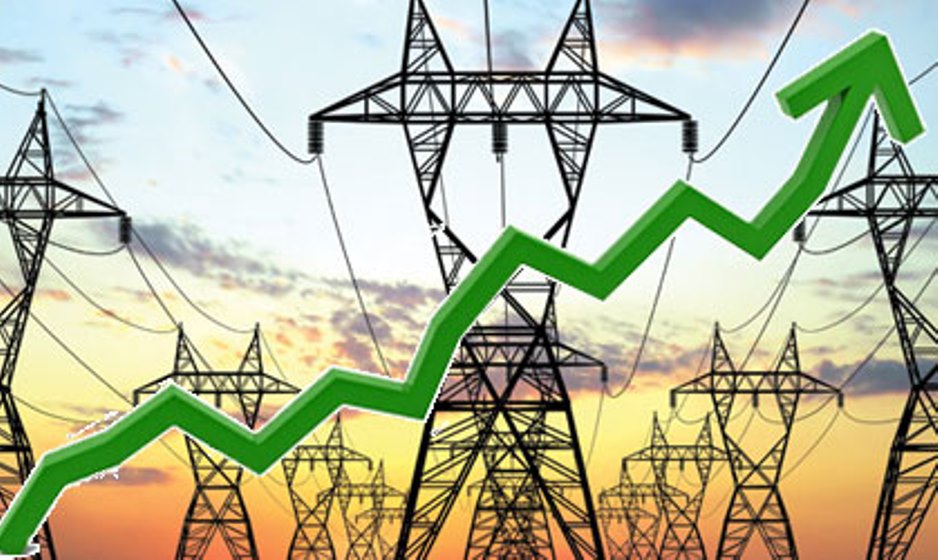Electricity tariff Recently, Nigeria experienced a collapse of the national electric power supply grid.
Indeed, but for the explanation offered by the government, many would not have noticed the incident because the darkness has become too familiar.
It is a common saying among the citizenry that Nigerians pay for darkness.
Yet, one that almost passed unnoticed was the claim widely reported that at “the 13th Monthly Meeting of Power Sector Operators chaired by the Minister of Power, Works and Housing, Babatunde Fashola, in Ughelli, Delta State,” in March about N59.3 billion was presented as owed electricity supply companies by the government.
It was also reported that 86 percent of the debts were owed by the top 100 customers, mainly composed of military and defence installations in Nigeria. We may add the police, universities, and other MDAs to this huge debtors’ list. Electricity is generated through thermal and hydropower sources.
The main source of our electricity generation is from fossil fuel, precisely gas, accounting for 86% of the capacity in Nigeria.
The remainder is generated from hydro (water) power. Nigeria’s, power generation is mainly through the Federal Government.
Nevertheless, the 2005 Electric Power Sector Reform Act opened up the industry to private investors. In 2014, the sector was privatized with three groups having the responsibility of providing power.
Currently, Nigeria has 23 power generating plants that are connected to the national grid with the capacity to generate 11,165.4 MW of electricity.
These plants are managed by Generating Companies (Gencos), Independent Power Providers (IPPs), and Niger Delta Holding Company. Hitherto, the primary independent power plants were Shell-owned Afam VI (642MW), Agip-built Okpai plant (480 MW) and AES (270 MW). The third sector, mainly gas-powered, is the Nigerian National Integrated Power Project (NIPP). It was initiated in 2004 to fast-track the development of new power plants. The proposed capacity of NIPP plants as at 2014 was 5,455 MW.
The hydro generating companies are Kainji Jebba Power Plc (1,330MW) and Shiroro Power Plc (600MW). The others namely, Ughelli Power Plc (942MW), Sapele Power Plc (1,020MW), Afam Power Plc (987.2MW), Niger Delta Power Holding Company (5,455MW), IPPs (1,392MW) and Egbin Power Plc (1,020MW), are gas-fired plants. Sadly, the hydro-powered plants in Kainji, Shiroro, and Jebba have higher capacity utilization rates while the gas-powered plants are often affected by infrastructural and maintenance issues.
Nigeria has eleven distribution companies that always complain of debts, electricity theft and poor or inadequate power supply due to the problem of generation.
This is unacceptable because the country is rich in water and gas resources. Nigerians have frowned at the increase in electricity tariff. Why should government that owes for services champion increment in tariff?
Why would a debtor be granting a creditor loan? This is what seems to be transpiring between government and the electricity companies! It is good that the FGN is discussing the issue of N701 billion guarantee for the Nigerian Bulk Electricity Trading (NBET) and would go on to audit the veracity of the debts owed, and that ‘all such verified bills would be recommended for payment as further demonstration of government’s determination to lead by example with regards to payment for electricity delivered.’
Beyond this commendable decision one expects government to take the lead in the pay-as-you-go policy by ensuring that none of its agencies owe further debts. This is possible if prepaid meters are immediately installed in all government establishments across the country, The Trumpet gathered.
Another option is for government to make bulk purchase of electricity units and pay the companies directly since most service providers are often intimidated from disconnecting the barracks and other military/police installations.
The current quasi-deregulation of the power sector should be revisited by government. An economy cannot be qualified as liberal if it is chained by ‘controlled deregulation.’
Read Also: Court adjourns hearing of N10.7 billion Ponzi case till May 27
The economy should be opened. Invariably, the Federal Government should encourage some of its establishments such as the universities to generate their own electricity.
The sector should also be open to state governments. Other well-known internationally reputable players in the sector should be encouraged to invest in Nigeria. It is a common economic principle that competition brings down prices. The current high electricity tariffs in Nigeria are hard sell to the end users.
Most communities cannot access electricity. This means they cannot enjoy meaningful industrialization and development. The deregulation of the telecommunication sector brought about expansion and wider spread of telephones across the country.
We, therefore, recommend the total deregulation of electric power generation and distribution in Nigeria.





